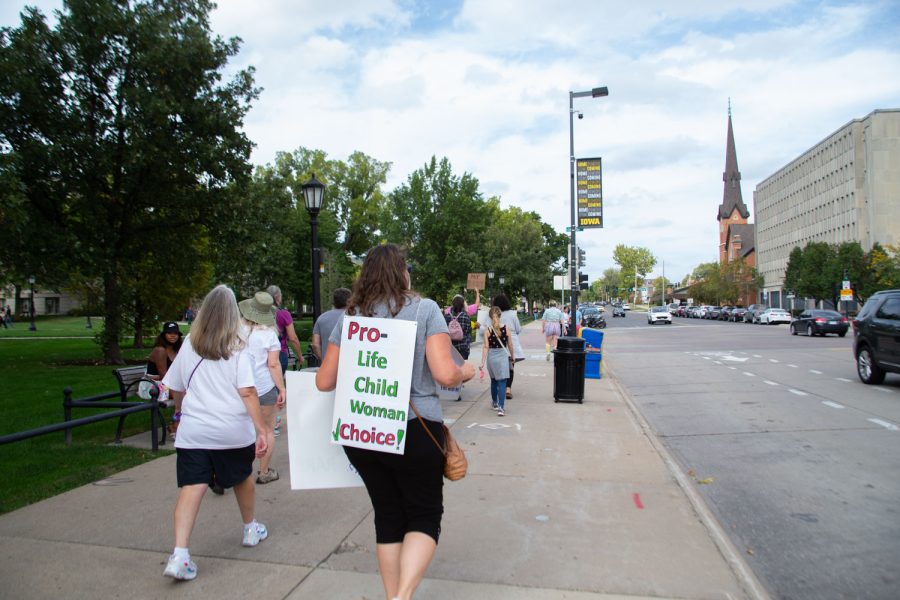Women are being silenced. Women are being stripped of reproductive rights. And soon, children will be considered women.
For a while, it may have seemed as if our society was stagnant on key issues. Often, discussions about gender inequality and double standards focus on de facto issues — those not officially sanctioned but ingrained in societal attitudes.
However, with the introduction of recent laws and regulations that reinforce these biases, our world is increasingly shifting toward a de jure system, where such inequalities are formally codified.
Now, social progress is evident, but unfortunately, it is moving in the wrong direction: backward.
Countries like Afghanistan, Iraq, and North Korea have already earned reputations as fragile states, torn apart by internal conflict, oppressive regimes, and disregard for human rights. Under the influence of forces like the Taliban, it’s easy to assume these societies are marked by the systemic oppression of women. Yet, recent events have shown this is not limited to war-torn regions or totalitarian states; rather, it is a global trend.
Seemingly obvious, the Middle East is plagued by unrest. In Afghanistan, the Taliban has enforced a new law in which women are not allowed to raise their voices outside their homes nor pray in front of other women.
This appalling ruling is not the beginning or end of restrictions placed on gender. To this day, the country has implemented dress codes and education and employment limitations on young girls and women. They are required to be accompanied by a male in public and must be married to even be considered for a job.
And this is not limited to Afghanistan. The Iraq government is currently working to lower the age of consent from 18 to 9 — a disgusting attempt to legalize child rape. Although 25 female members of the government tried to stop this proposed law, their male counterparts have made it utterly impossible.
In countries like Afghanistan and Iraq, where the political and cultural environment is shaped by extremist ideologies, it’s no surprise the rights of women have been stripped away. But what’s alarming is how easily such policies can be replicated or justified in other nations, like the United States and Poland, especially when political and social climates start to shift toward more conservative or authoritarian practices.
In the U.S., the overturning of Roe v. Wade by the Supreme Court has already set a precedent for restricting reproductive rights. States are now pushing laws that not only deny women autonomy over their bodies but also punish those who seek medical care that was once considered their right. From the criminalization of abortion to limiting access to contraception and gender-affirming care, legislation is becoming increasingly hostile toward women.
Health care providers are now extremely reluctant to provide reproductive care after these rulings, ultimately leading to more consequences than benefits. A pregnant teen in Texas died from a miscarriage due to the state’s abortion ban. She isn’t the only one — and it isn’t just the U.S.
Poland, a country that became a liberal democracy in 1989, has also backtracked. Officials have started investigating women, girls, and doctors for either seeking medical care or performing legally questionable procedures. The nation itself has not criminalized abortion, but it is increasingly penalizing those who assist or perform abortions outside of strict exceptions.
Poland’s abortion policies are some of the most restrictive in Europe, only allowing abortion when a woman’s life is at risk or the pregnancy is a result of rape or incest. Still, data has suggested that even in these cases, getting an abortion is nearly impossible. The government also appears to be looking for ways to prosecute family members and friends for allegedly aiding illegal abortions.
The question we must ask ourselves is: How long will we allow this backward momentum to continue unchecked? And it is not just women who are suffering. The fight for women’s rights is, at its core, a fight for human rights.



